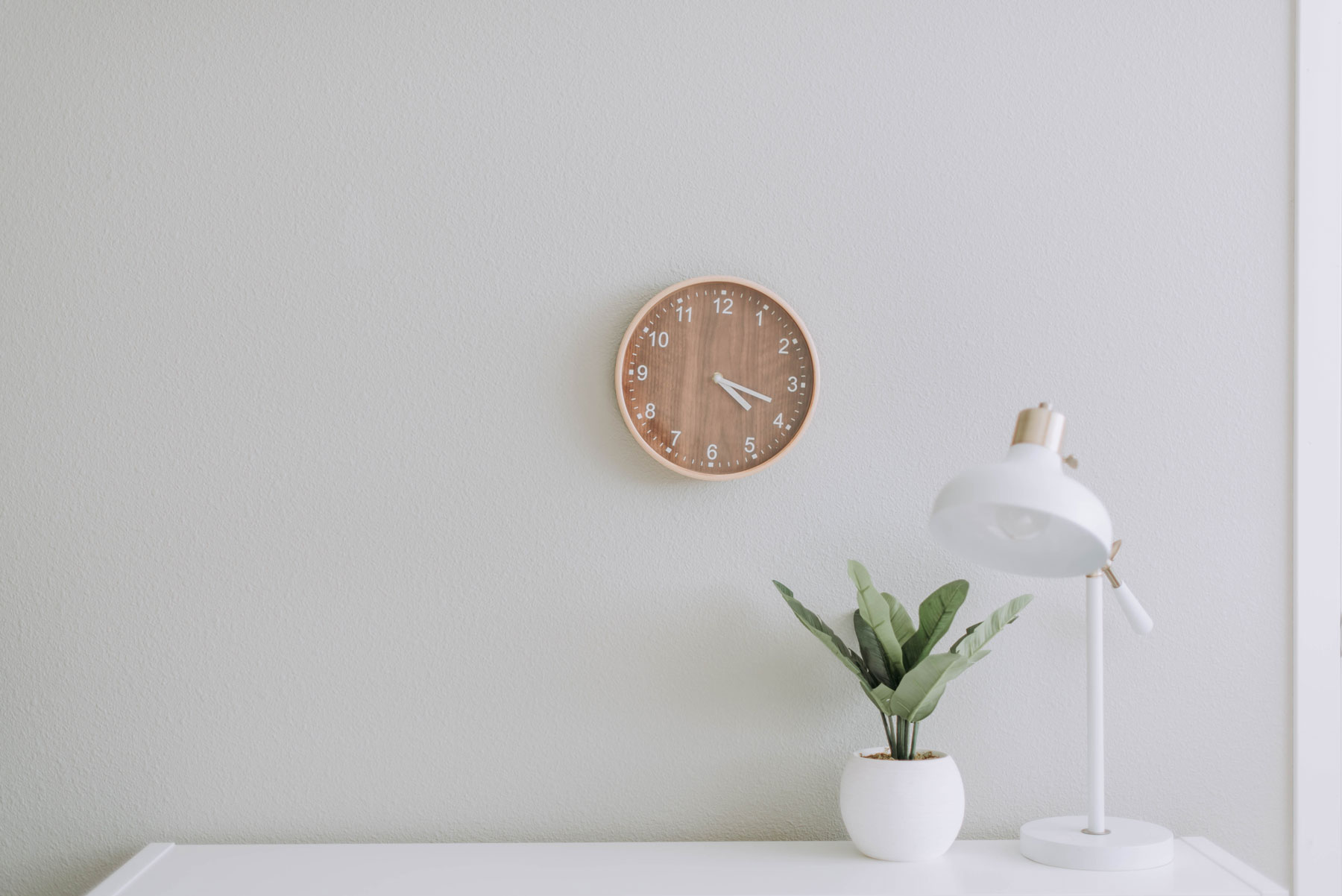
How to cope with the “new normal”: Going back to the office.
Two years ago we were all hit with a big life change. Multiple lockdowns, offices temporarily closing down and no longer being able to connect with your loved ones and colleagues for extended periods became something we all had to adapt to. But what is the impact of this degree of change in such a short space of time? And how do we now adapt to going back to this “new normal”?
Social anxiety disorder or social phobia is defined by Healthline as “an extreme fear induced by social settings”, which affects roughly every 3 people per 100. Prior to these drastic life changes many people may have already experienced social anxiety to some extent. But what happens after being completely removed from all social settings and then finally returning to them? We know that the pressure of this can be overwhelming and can make you want to avoid it all.
With offices opening up again and moving to either a hybrid model or full office return, you may wake up every day with an extra level of anxiety and an uneasy feeling throughout your body. Since you haven’t been in the office for a while, activities like choosing your clothing, greeting your colleagues, general small talk, sitting in boardrooms, doing in-person client meetings and so on may bring on a multitude of unpleasant sensations and feelings.
In an article written by Angela Haupt in the Washington post, they mention that “employers have a responsibility to make the workplace a safe space for everyone, including those with social anxiety.” They continue by suggesting that, “Those in leadership positions should also identify which staffers are having difficulties and reach out to them to ask what they need and help them make connections.” With that said, everyone is different and has their own unique set of challenges and so employers need to ensure that they don’t adopt a “one-size fits all” approach when dealing with their employees. The best way is to support your employees and offer them options that will help them feel more comfortable and at ease. Furthermore, an article on Bbc.com mentions that, “When someone is already intensely aware of how they come across to others, the idea of broaching their mental health with colleagues or bosses can seem almost impossible.” So, trying to make people talk about their struggles is not suitable for everyone, but giving them tools that they can make use of will give them choices that will be helpful.
Ultimately, it is completely normal to feel anxious about going back into the office after spending the past two years working from home. It will just take some adjusting time to get yourself into this new rhythm. Just like you can get used to not being around people, you can get used to being around people and socializing again. It’s similar to working out in the gym, except here you will be developing ‘social fitness’. Taking it day by day and not putting yourself under too much pressure is the most effective and compassionate approach.
Here are some tips on how to prepare for returning to the office:
Meet up with your colleagues
After spending two years online and not physically interacting with your colleagues, it might be a good idea to meet some of them for drinks or a bite to eat to ease the tensions and worries you may be experiencing. Your colleagues have gone through a similar experience to you so having someone to relate to will be beneficial.
Bring something from home to the office
Being away from your comfy setting at home may be overwhelming. We suggest bringing a piece of home with you to the office to add a sense of comfort such as a picture of your family, a plant or perhaps your favourite mug.
Grab some fresh air
If you are really struggling and can’t seem to shake the anxious feelings it’s good to take a step outside and just simply take some deep breaths. Sometimes just giving yourself a quiet moment with no pressure, noise or interactions can help to regroup and refresh.
Don’t be afraid to ask for help
If you feel like you have been continuously struggling for weeks and you are not seeing any changes it may be time to seek some professional help, especially if it’s starting to affect your normal daily tasks. A professional will be able to help you delve deeper into where the problem is coming from, while providing tools to help you overcome them.
Lean on a friend
Whether it may be a close work colleague, your best friend or a family member, talking to someone you are close with when you are really struggling will help you to feel more calm and comforted. Sometimes just talking through your struggles with those closest to you can really help you to ease your anxiety.
Set aside some ‘me time’
After doing a full day in the office you may feel emotionally, mentally and physically exhausted. Give yourself at least half an hour of doing a relaxing activity when you get home such as a warm bath, meditation, drinking a cup of tea, reading a book, journaling etc to allow yourself to unwind and destress from the day. Small acts of kindness towards yourself can make the world of a difference.

Sorry, the comment form is closed at this time.